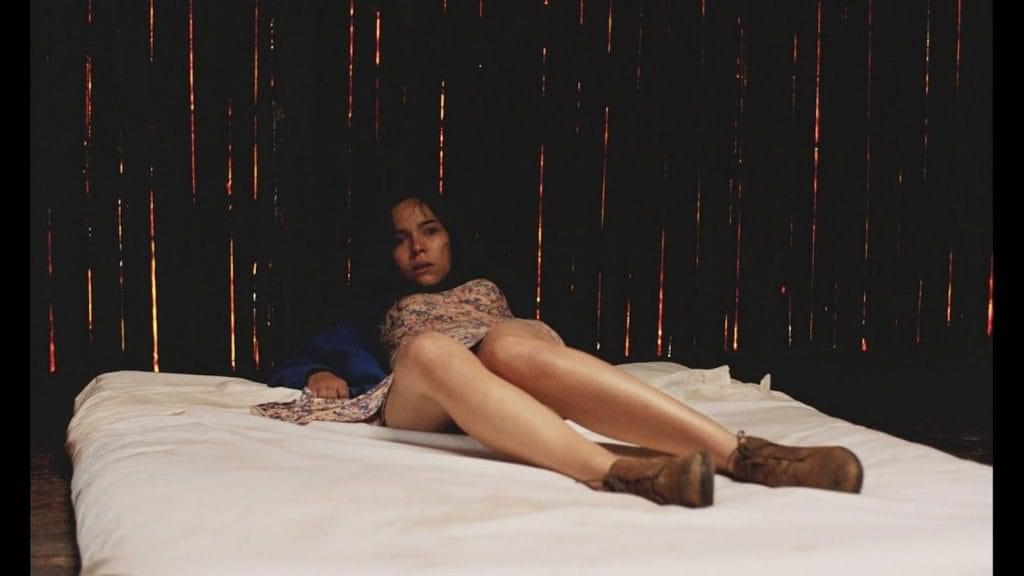
“Wall” (“Mur”) studies one of the most apt metaphors to ever come into physical existence. The documentary, directed by Simone Bitton, tackles the “security fence” in Israel-Palestine that was built in the name of antiterrorism but effectively creates a greater divide between two peoples already split by faith and ethnicity. Its filmmakers’ desire to really know about the people on both sides of the wall make it one of the most interesting and two-sided films to be made about the Israeli-Palestinian conflict.
With strong, sometimes surreal imagery and a coy sense of irony, “Wall” tours some of the oddest aspects of the dividing line, which is sometimes a complex electric fence and sometimes a concrete barrier. There are many surprising revelations. Due to poor economic conditions, many of the builders are Palestinian, and see their work as a job rather than an act of building themselves out of a country. It grows obvious that many Israelis and Palestinians have much larger personal priorities than hating the other side, which most of them don’t consider worth their time.
France-based director Bitton travels across the wall/security fence area and talks to people on both sides about what they think of the giant, literal barricade between the two cultures. The people’s refrain from all sides is that the wall is a waste of money. Those who are afraid of terrorists don’t think that they are any safer with the wall in place. The Israelis who want to communicate and heal relations with the Arabs find that it only makes communication worse while chopping some people’s property in half. The wall doesn’t exactly correspond with the “green line” that divides the area, and some Palestinians have been divided from most of their land and now have trouble making a living, creating more bitter feelings towards the Israelis. The voice of defense comes from a stuffy Israeli official, flanked with flags on each side, who describes the fence and its use as an antiterrorism measure. While he often speaks intelligently, his prejudices sneak through in the end when he declares that, “It’s all the Palestinians’ fault.”
Bitton isn’t afraid to use long takes and let her camera capture the atmosphere of different location. One shot simply shows more concrete pillars being connected to the wall to expand it, blocking the view of the landscape and town to the west. Others show how people have beautified the wall with paintings, one of which attempts to recreate the view of trees behind it. While her voice is overheard in the interviews saying that she considers herself both Jewish and Arab, Bitton adds no additional commentary against the very concept of the wall besides her persuasive collection of true vignettes.
